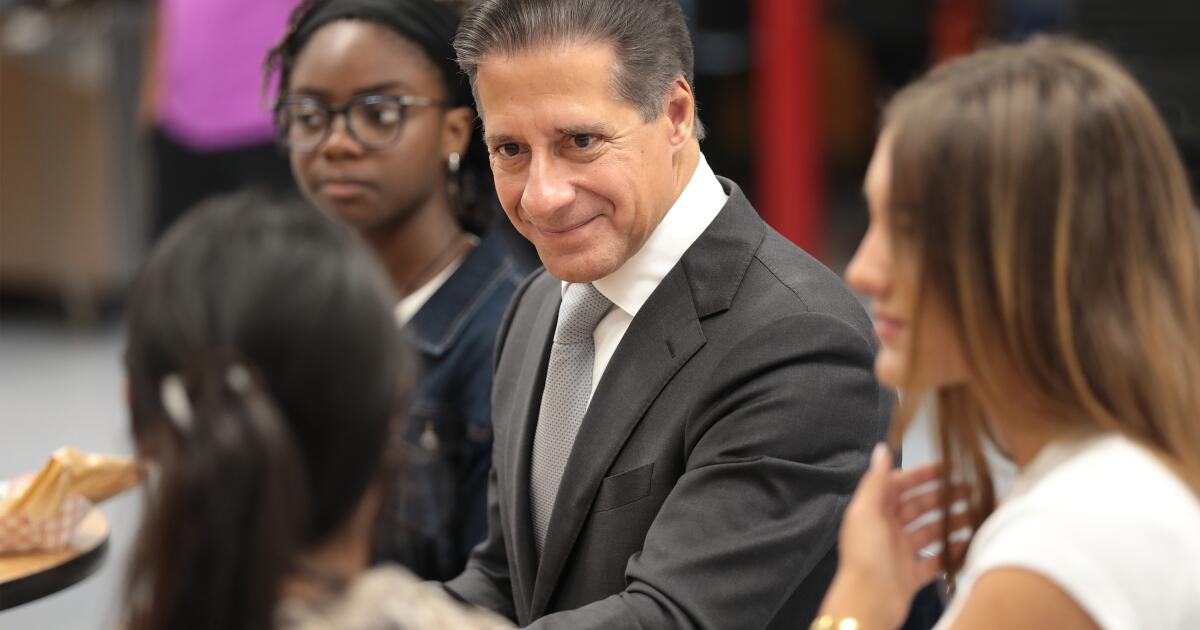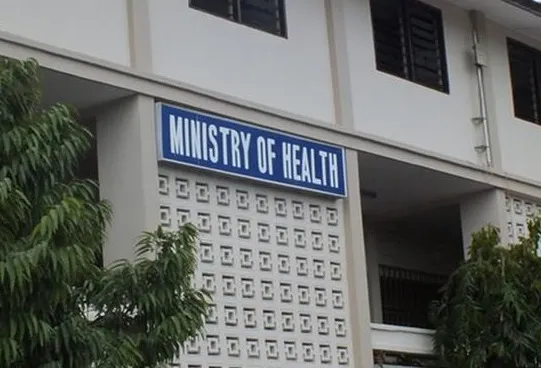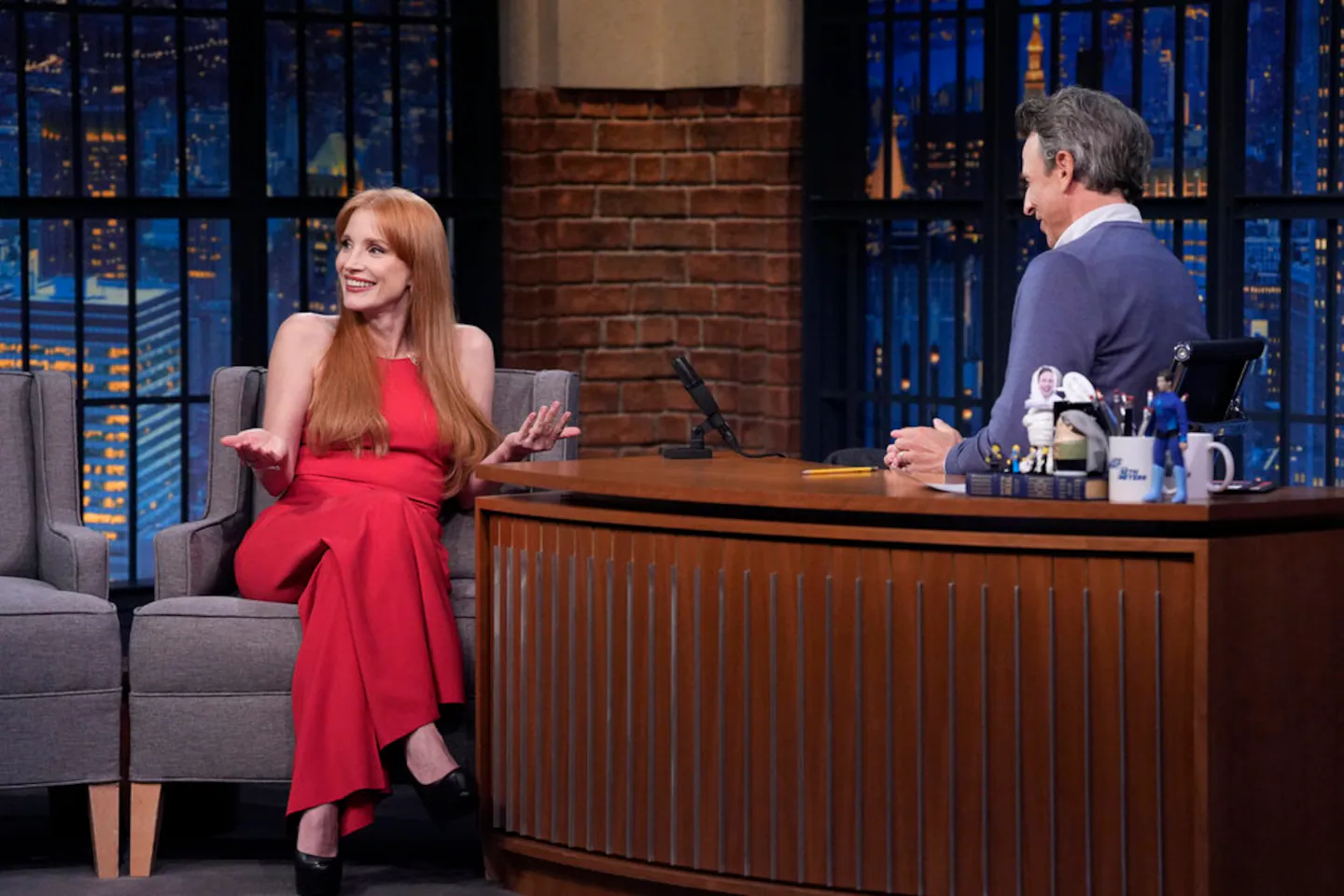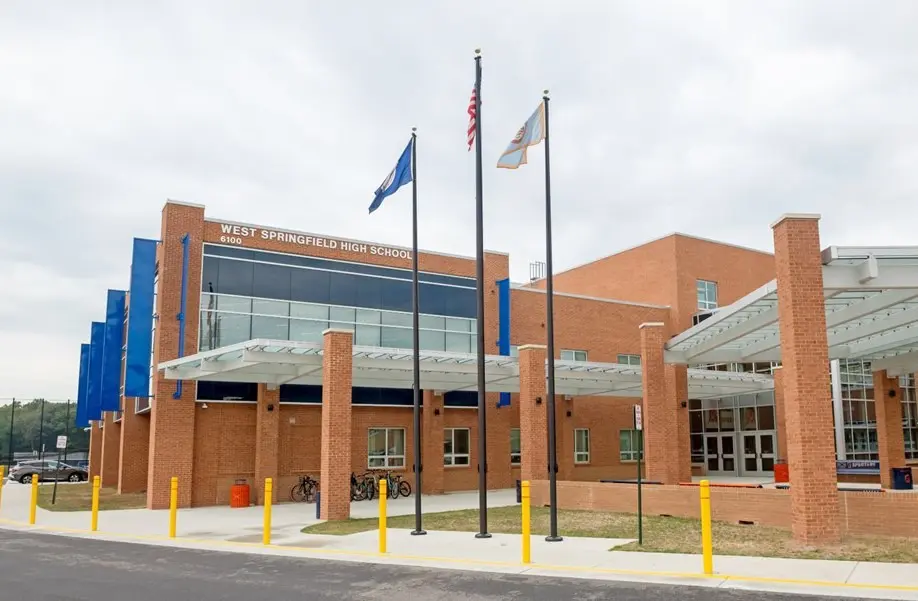By Animesh Bhardwaj
Copyright republicworld
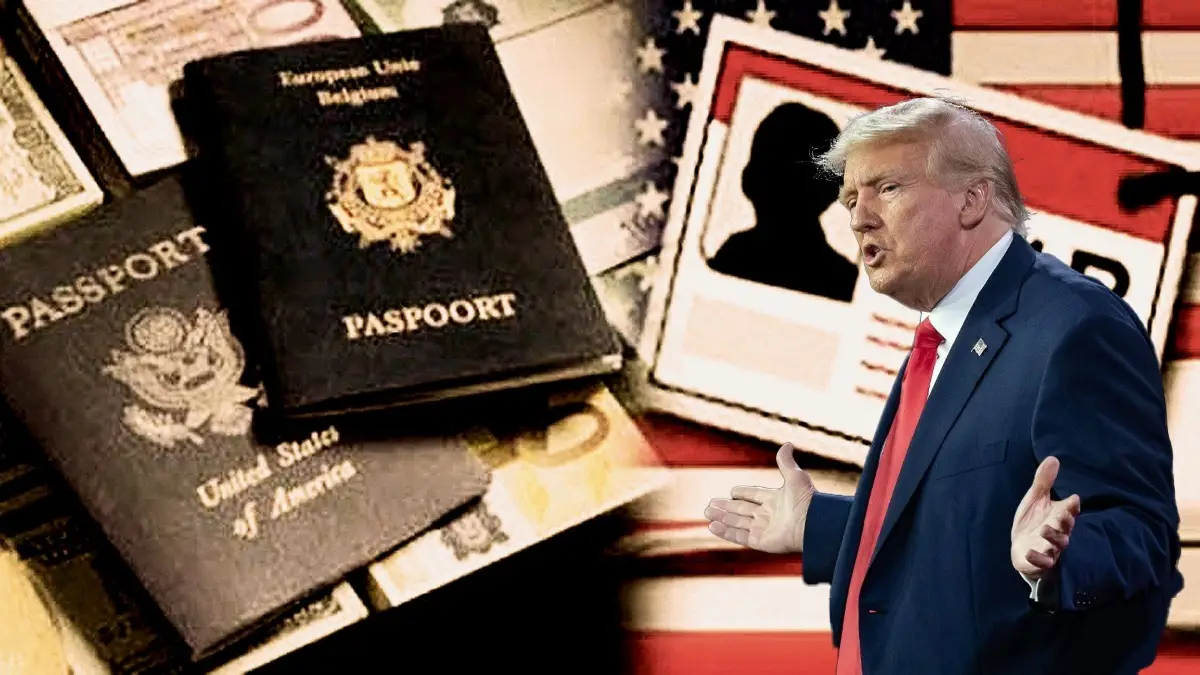
New Delhi: US President Donald Trump’s decision to dramatically increase the fee for H-1B visas to $100,000 has sparked significant controversy. This recent move by the US administration, which equates to about Rs 88 lakh as a one-time fee, is expected to severely impact Indian students planning higher education in America, as the US job market for them could shrink dramatically. The fee hike represents a massive jump from the previous cost, which was often around $2,000. The basic minimum salary for an H-1B employee is $60,000, but an employer’s total minimum outlay now rises to $160,000. Many companies may therefore decide it is cheaper to hire American workers with similar skills. While this creates an immediate obstacle for students, leading education experts believe it presents a major opportunity for India to retain its own talented workforce. Educational consultants suggest that European countries are likely to benefit as students seek alternatives to the US. Following President Trump’s increase in the H-1B visa fee, a senior Republican senator recently called for another restriction: ending work authorisations for foreign students. Senator Chuck Grassley urged the Department of Homeland Security to stop issuing work permits to those holding student visas. He argued that foreign students with work authorisation pose a risk of espionage and unfairly compete for jobs against American workers. “DHS needs 2 stop issuing work authorisations 2 student visa holders who compete against Americans. It’s in direct violation of the law &puts the USA at risk of tech and corporate espionage I sent a letter 2 DHS Scty [Secretary Kristi] Noem asking her to end work authorisations for foreign student visa holders,” Grassley wrote on X.
